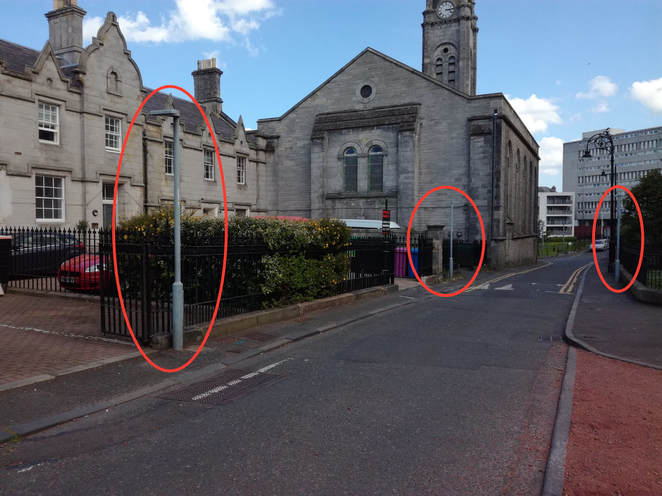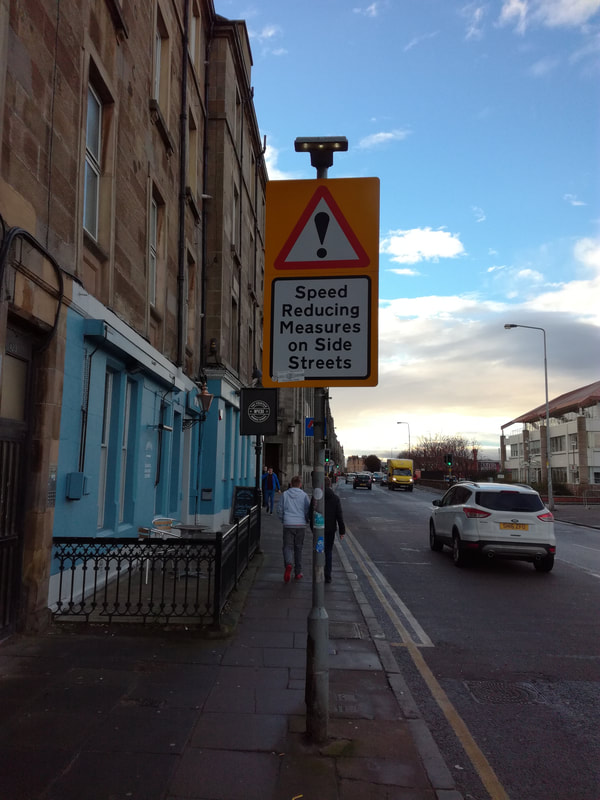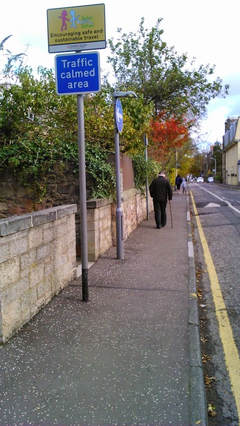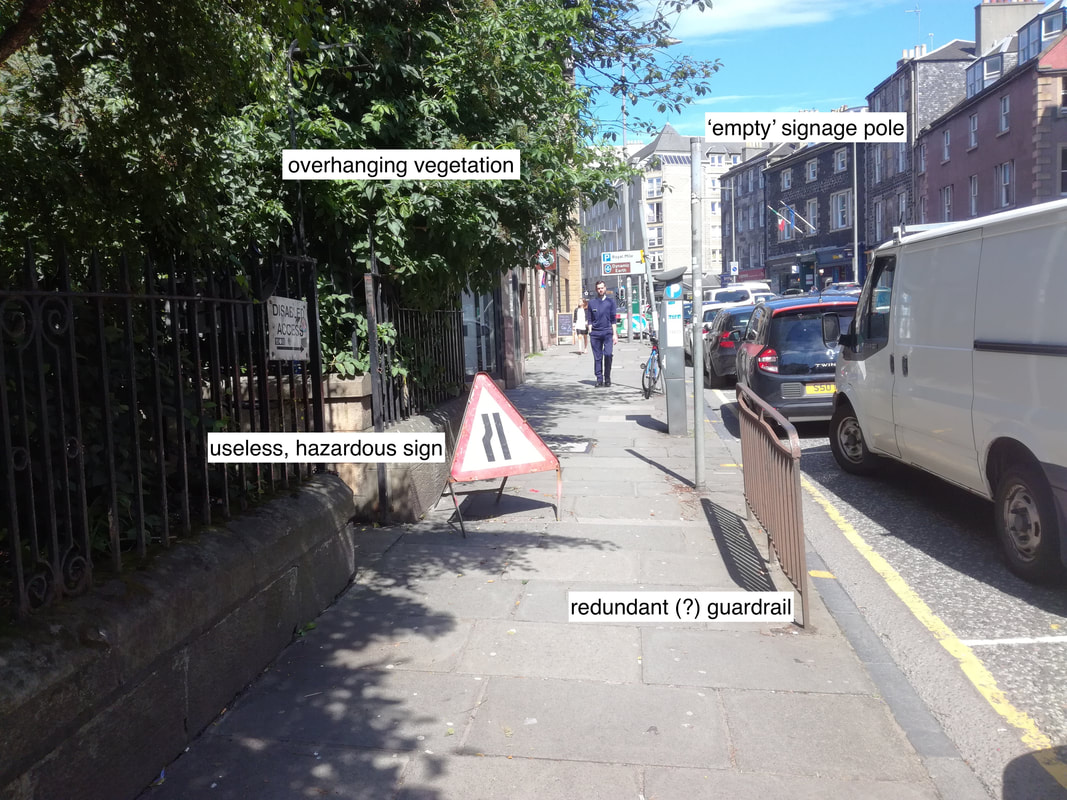To those unfamiliar with this less-than exciting sounding document, this is the statutory guidance which governs when and where road signs are required. The guidance states ” the number of traffic signs has doubled in the past 20 years. This is unsustainable, and bears out the need to reduce signing wherever possible. A culture change is needed in the way signing is used” (2.9).
Many of these signs are no longer required at all under the new TSRGD policy - local authorities now have much more discretion and flexibility on how best to advertise Traffic Regulation Orders and such like which were previously strictly prescribed. The 2016 guidance also relaxes the former requirement for many signs to be lit, recognising that there are many more options for high-visibility signs now on the market. This has huge potential for councils to save money through reduced electricity consumption and cheaper maintenance.
Despite its timeliness, my understanding is that the CIHT’s decluttering award last year did not attract many entrants. Particularly disappointing is that no entry was received from Scotland, I understand. Not one of Scotland’s 32 local authorities had either the desire, or the material, to submit an entry for what would surely be a ‘quick win’ in making streets less cluttered and easier for people to use. There are not many opportunities to both improve streets and saving money at the same time.




 RSS Feed
RSS Feed
